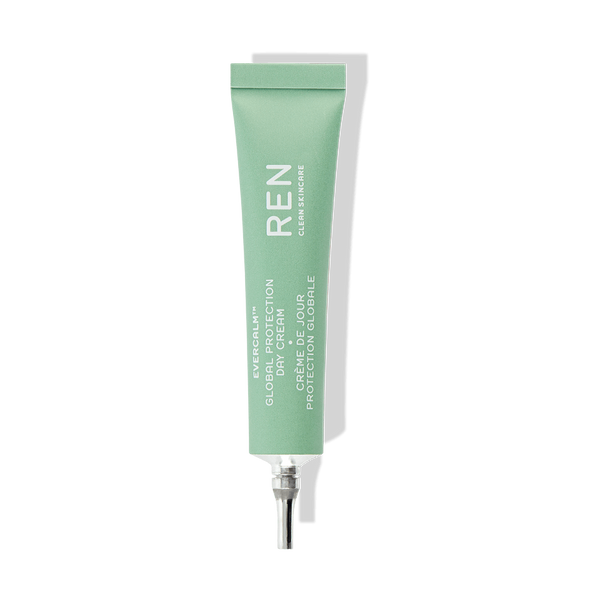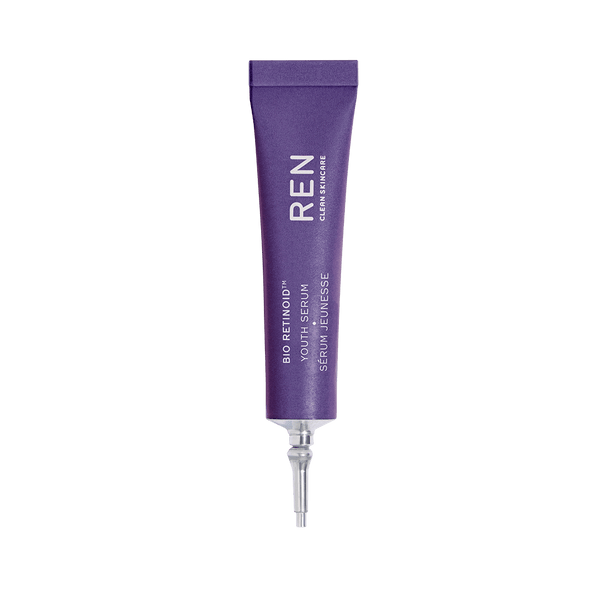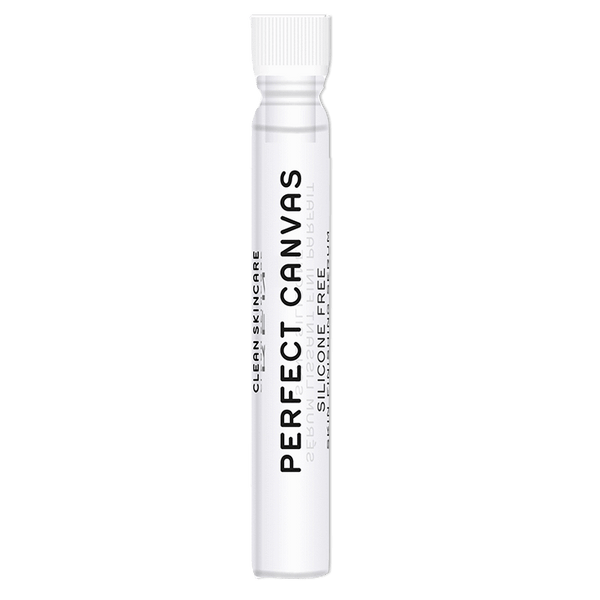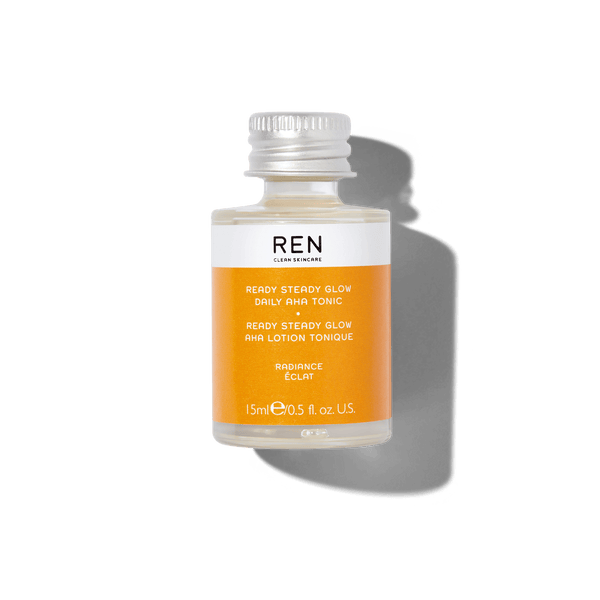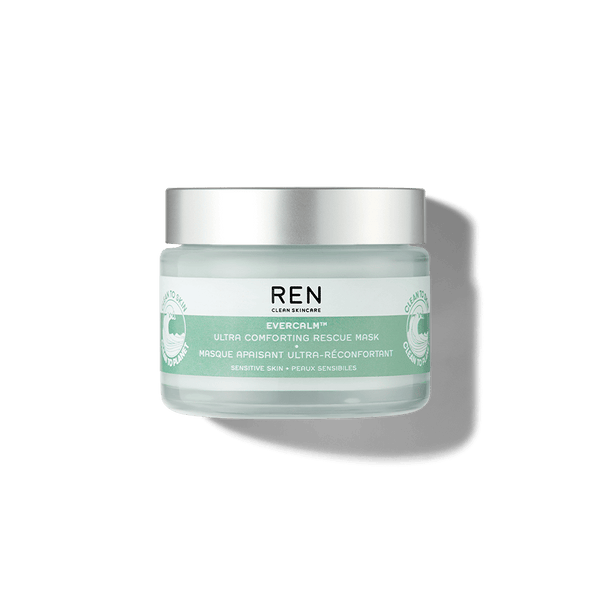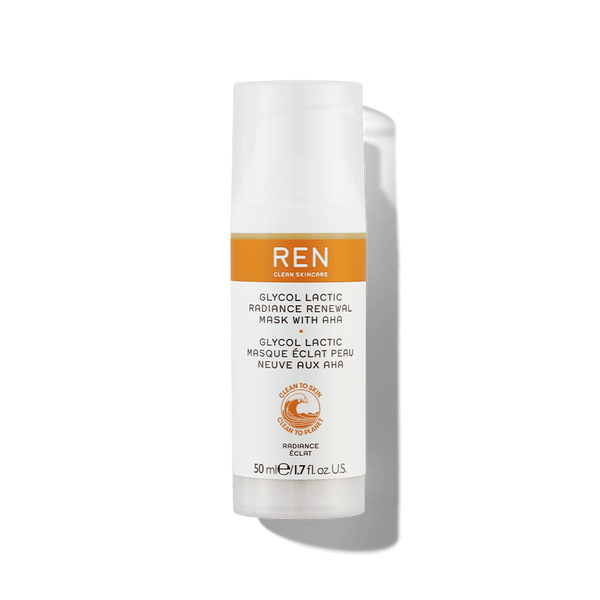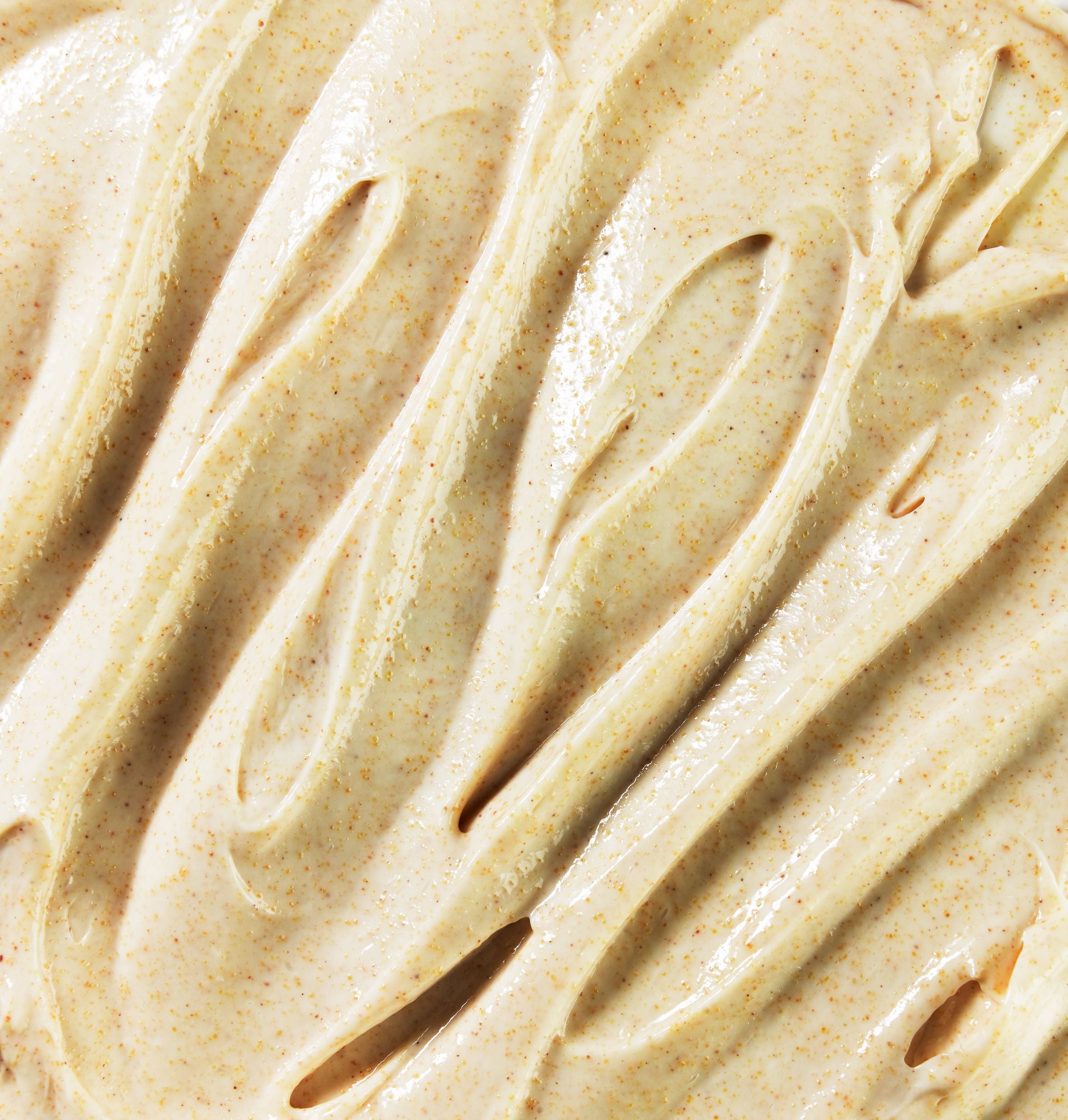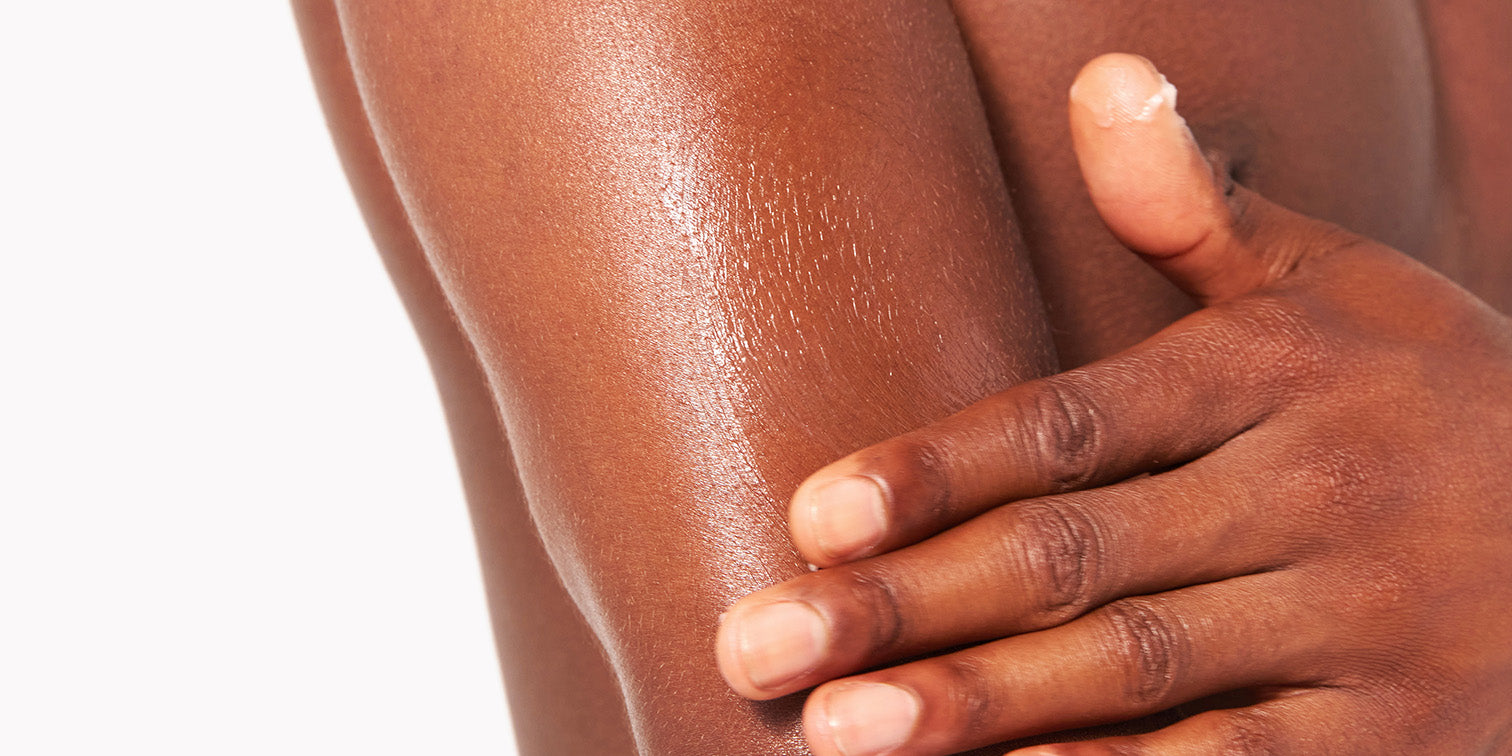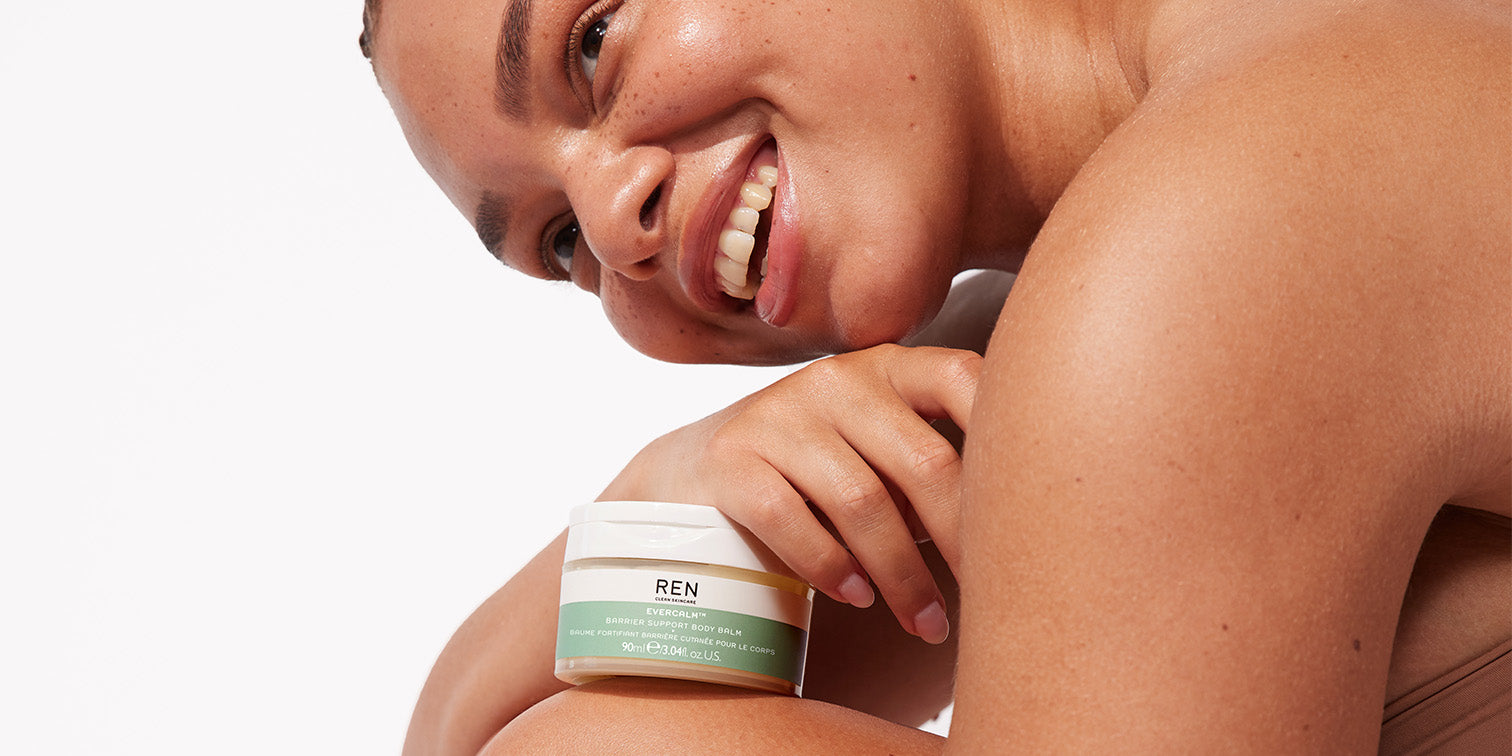Breaking Down Free Radicals and Skincare

The topic of free radicals is a hot one, but it’s not a term we learned in primary school and so it can be confusing, to say the least. What are free radicals? And what do they have to do with skincare?
These are all great questions that we plan to answer below, but know this: free radicals are damaging to the skin and could be the cause of your primary skin caoncerns. The good news is there are ways to help prevent free radicals from wreaking havoc on your skin and they’re pretty easy to do.
Keep reading to understand the harmful effects of free radicals and how to help protect your skin from them.
What Are Free Radicals?
If you can, pretend you’re back in chemistry class because this is about to get a bit technical and ridden with chemical jargon like atoms, bonds, and electrons. Let’s break it down:
Free radicals are chemicals that possess an unpaired electron, or incomplete molecules. This makes them unstable and highly reactive. As we learned back in chemistry class, any molecule with an unpaired electron will try and steal an electron from another molecule, however, this ends up leaving the other molecule with an unpaired electron, thus creating a free radical. Can you see the cycle?
Our body’s antioxidants are typically our defense against free radicals. However, when the balance of free radicals vs. antioxidants is off (AKA the free radical side is winning), it can lead to cell damage. This balance gets thrown off for a number of reasons, including increasing free radicals due to sun damage and decreasing antioxidants to age.
Free radicals are triggered by a variety of factors, from external factors such as UV radiation from the sun, blue light, and pollution, to internal factors such as poor nutrition and stress.
How Free Radicals Affect the Skin
So, free radicals can damage cells, but how does that manifest in the skin? Well, when free radicals damage skin cells, it can lead to premature aging of the skin, including fine lines and wrinkles, discoloration, uneven texture, and lack of fullness, among other visual side effects. One of the main ways free radicals affect the skin is through direct sun exposure. In fact, it’s estimated that among all environmental factors that lead to free radicals and affect the skin, UV radiation contributes up to 80% of skin damage.
No one is immune to free radicals, especially those caused by environmental factors such as sunlight and pollution, but everyone can take action to protect themselves from these factors.
How To Protect Your Skin from Free Radicals
There are two main components to protecting your skin from free radicals. The first is to reduce the number of free radicals that are triggered by minimizing sun exposure and stress, and the second is to maximize antioxidants through skincare and good nutrition. Let’s explore a few of the steps you can take to protect your skin in these ways:
Sun Protection
Given that such a large component of skin damage from free radicals is caused by exposure to UV light, it’s essential to use sun protection. This means wearing hats, sunglasses, UV-protective clothing when possible, and sunscreen. A broad-spectrum sunscreen that physically blocks both UVA and UVB rays is essential.
It’s also important to limit your sun exposure, in general. It’s tough to remember to reapply sunscreen and easy to miss a spot here or there, but if you stay out of the sun, you can reduce your risk of sun damage. It’s important to note, however, that UVA rays can penetrate glass, such as the windows in your home or car, and that blue light also can contribute to skin damage. For these reasons, you’ll want to wear sunscreen even when you’re at home or work. Yes, sunscreen can protect against blue light too!
To get the broad-spectrum coverage you need without a greasy residue or any questionable ingredients, reach for Clean Screen Mineral SPF 30 Mattifying Sunscreen. This clean sunscreen formula will help protect against free radicals triggered by sun exposure and blue light exposure, pollution and help to prevent photoaging. It contains Zinc Oxide, a physical shield that effectively blocks and reflects UVA, UVB, and blue light rays to prevent aging and pigmentation, and antioxidant-rich Yellow Passion Fruit Seed Extract, which boosts the skin's internal defence system to help protect from free radical damage.
Environmental Pollution Protection
Everyone knows it’s important to protect yourself from the sun, but did you know that you can, and should, protect yourself from environmental pollution too? Environmental pollution is another factor that can trigger free radicals and lead to skin damage and premature aging. While it may feel unavoidable, especially if you live in a big city, you can shield your skin from the effects pollution has on it.
One way to do this is through skincare products specifically designed to fight free radicals. If you’re using Clean Screen you’ll benefit from both its protection against the sun and free radicals triggered by pollution, but there are plenty of other products you can use too.
Insert Evercalm Global Protection Day Cream, a moisturizer that utilizes soothing and nourishing seed oils to help better protect the skin against dehydration. But that’s not all. The hero ingredient here is Global Protection Complex, a synergistic blend of powerful antioxidants and free radical scavengers that helps protect your skin from free radicals triggered by pollution. Use it day and night to keep free radicals at bay.
Free radicals can not only damage the skin but also irritate it. Protect your skin from free radicals, and calm and soothe it at the same time with Evercalm Redness Relief Serum. This serum features Beta-carotene and Biosaccharide, a defense complex to help combat potentially sensitizing free radicals that result from environmental pollution. It is clinically proven to strengthen the skin's moisture barrier and help protect it from pollution.
To apply, press a hazelnut-sized amount over clean skin till absorbed, starting with areas of high sensitivity and working outwards. Follow with Global Protection Day Cream and Clean Screen and you’ll be well-protected from free radicals triggered by both pollution and the sun.
Combat Stress
While we’ve focused on the external factors that trigger free radicals in the skin, it’s important to cover the internal factors as well, one of which is stress. This is one of the factors that’s much more difficult to prevent and highly personal. Identify what daily habits help you reduce stress, whether that’s going for a long walk, practicing yoga, keeping a gratitude journal, spending time with friends, or cooking a homemade meal. Work these stress-reducing practices into your life as often as possible to keep free radicals at bay.
Proper Nutrition
Another internal factor that helps support your skin and overall health is good nutrition. There is growing evidence that certain nutrients and antioxidants, such as vitamin C and E, can help reduce the formation of free radicals. Working to incorporate these into your diet can thus help protect your skin from free radicals and the damage they cause.
Combating Free Radicals
So, free radicals are bad news for the skin, but they’re not unavoidable. And while you know this now, you may not have always known it. If you’re experiencing prematurely aging skin already, following the steps above to protect your skin from further damage is important, but you can also reduce the signs of free radical damage with anti-aging skincare.
One way to do this is through the use of bio retinoid-containing products. Reach for our Bio-Retinoid™ Anti-Aging Duo to reduce the appearance of fine lines and wrinkles. The duo features a cream and concentrate oil, both of which are powered by our plant-derived alternative to retinol, Bidens Pilosa, that helps target the key signs of aging while being designed to help limit irritation, which as we know, is another side-effect of free radicals.
Whether you’re worried about free radical damage caused by the sun, or you’re already seeing it at play, an anti-aging skincare routine complete with sunscreen and bio retinoid-containing and antioxidant-rich products can help support your skin and prevent further damage.
Sources:
- https://www.ncbi.nlm.nih.gov/pmc/articles/PMC3299230/
- https://www.ncbi.nlm.nih.gov/pmc/articles/PMC3789494/
About the Author
Camille Poggi is a doctor in Pharmacy (PharmD.) and is passionate about skincare and how the skin works in general. She specializes in the cosmetic industry and worked for renowned companies in France like L’Oréal and Chanel before moving to London. After being a training manager for 4 years, Camille is at ease with explaining how products work in the skin and how to adapt her speech according to the audience.
She joined REN in January 2020 as International Training Manager and moved to the Research & Development team earlier this year to be the new Scientific Education Manager. A tailored-made role where she assesses and leads all technical communication and ensures scientific compliance is always met. She’s also involved in new product development from the earliest stages. Finding a way to create sustainable skincare products and making sure the message is properly delivered and understood is definitely a big challenge but also her favorite part working for REN.


